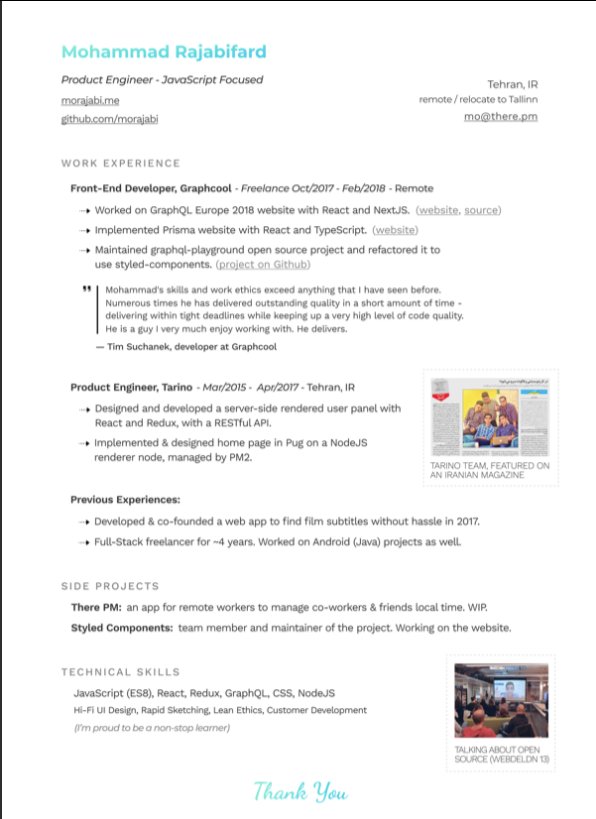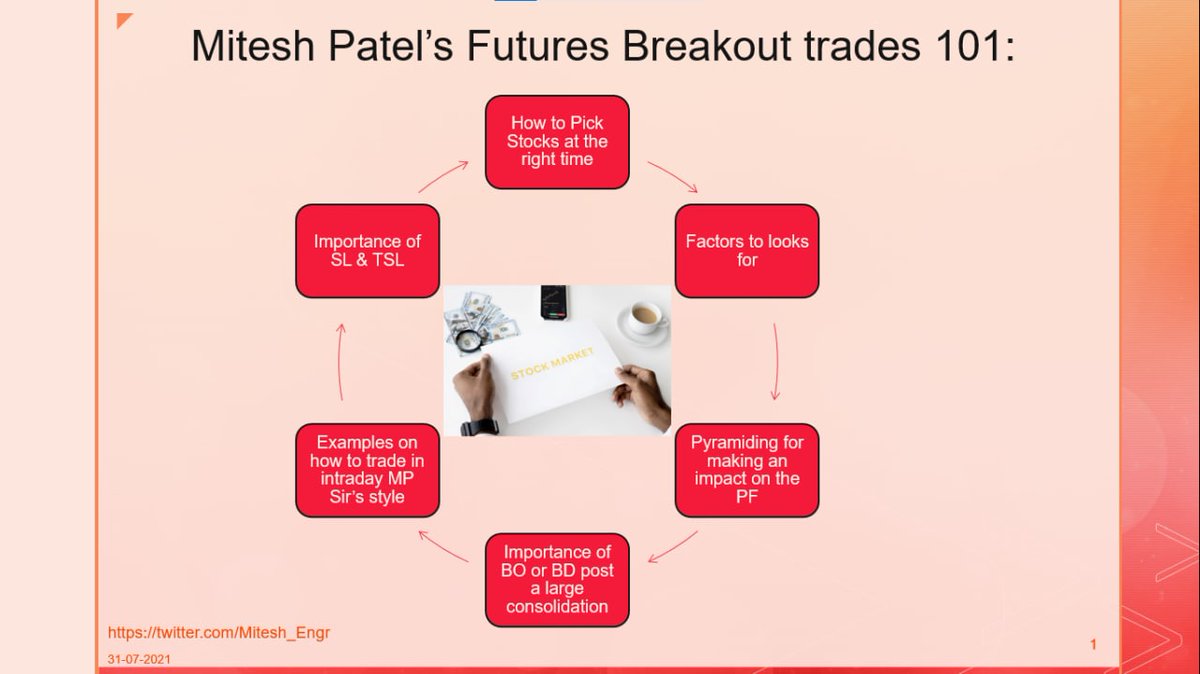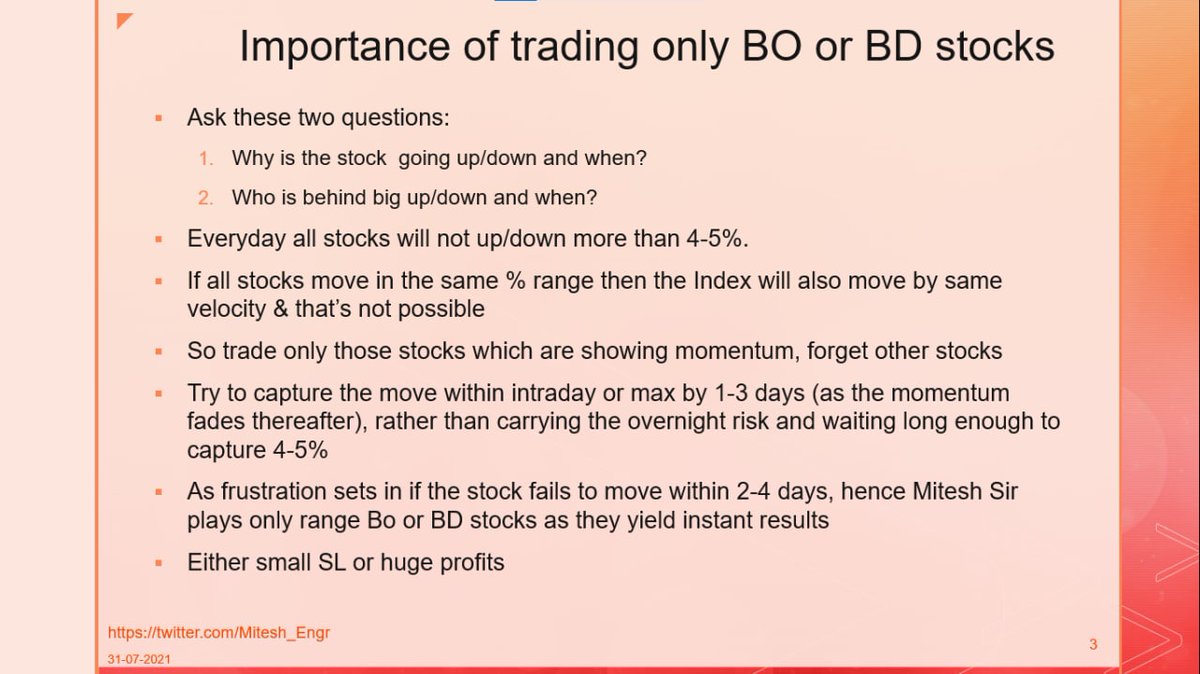1/ Many people ask me, what is my hiring criteria? What do I expect from my team members? How do I retain good talent?
Here lies the answer.
This tweet thread will be useful for CEOs and people who want to work with me.
The medium through which you experience it usually disappears.
Because if it doesn't disappear, then the experience is not good enough.
Let me explain...
It is small, you keep getting notifications, and also it is hard to hold it in your hand all the time.
You are into the movie.
Just you and the movie.
The medium (the theatre) disappears.
You don't need to be reminded of its presence even if it is the medium through which the movie experience is delivered.
You are into the character and the story of the character.
You are totally absorbed.
The "movie" disappears.
It's just you and the story.
You would want to skip forward or make a decision to stop watching the movie. You cannot forget the movie.
The better something is, the more you can forget about it.
In short, the medium that delivers the result should disappear from your conscious attention, letting you flow.
You might enjoy it 80% because 20% of attention is going to your motorcycle that is not doing a good job. And doesn't disappear from your attention.
The bike is so smooth and does its job so well that you can just focus on the ride and nothing else.
You are in the flow of the ride.
Totally absorbed.
Zen. 🧘🏼
If a team member does his/her job so well, then I can forget that I have someone working for me.
I can spend time as a friend, which is fun and healthy.
Because their work is being taken care of by them with 100% dedication, involvement, and at their best capacity.
I am constantly reminded of them and they wouldn't disappear from my conscious attention.
I disappear from conscious attention. As a boss.
They don't need to remember they have a boss.
It will be freedom. As good as being their own boss.
The team members are also in a state of flow because they love what they do and hence they do it in the best way possible.
That they disappear from my conscious attention as an employee and just be a friend to me to hang out with me.
I have a few people like that who I have forgotten about.
If you are running a company yourself, you now know the kind of team you have to build. This is my criteria. And my only criteria. Just one metric. Disappear.
The entire organization will be in a state of flow with the work.
And somehow magically it will all fit perfectly together.
And no one else would understand the magic
More from Life
👨💻 Last resume I sent to a startup one year ago, sharing with you to get ideas:
- Forget what you don't have, make your strength bold
- Pick one work experience and explain what you did in detail w/ bullet points
- Write it towards the role you apply
- Give social proof
/thread

"But I got no work experience..."
Make a open source lib, make a small side project for yourself, do freelance work, ask friends to work with them, no friends? Find friends on Github, and Twitter.
Bonus points:
- Show you care about the company: I used the company's brand font and gradient for in the resume for my name and "Thank You" note.
- Don't list 15 things and libraries you worked with, pick the most related ones to the role you're applying.
-🙅♂️"copy cover letter"
"I got no firends, no work"
One practical way is to reach out to conferences and offer to make their website for free. But make sure to do it good. You'll get:
- a project for portfolio
- new friends
- work experience
- learnt new stuff
- new thing for Twitter bio
If you don't even have the skills yet, why not try your chance for @LambdaSchool? No? @freeCodeCamp. Still not? Pick something from here and learn https://t.co/7NPS1zbLTi
You'll feel very overwhelmed, no escape, just acknowledge it and keep pushing.
- Forget what you don't have, make your strength bold
- Pick one work experience and explain what you did in detail w/ bullet points
- Write it towards the role you apply
- Give social proof
/thread

"But I got no work experience..."
Make a open source lib, make a small side project for yourself, do freelance work, ask friends to work with them, no friends? Find friends on Github, and Twitter.
Bonus points:
- Show you care about the company: I used the company's brand font and gradient for in the resume for my name and "Thank You" note.
- Don't list 15 things and libraries you worked with, pick the most related ones to the role you're applying.
-🙅♂️"copy cover letter"
"I got no firends, no work"
One practical way is to reach out to conferences and offer to make their website for free. But make sure to do it good. You'll get:
- a project for portfolio
- new friends
- work experience
- learnt new stuff
- new thing for Twitter bio
If you don't even have the skills yet, why not try your chance for @LambdaSchool? No? @freeCodeCamp. Still not? Pick something from here and learn https://t.co/7NPS1zbLTi
You'll feel very overwhelmed, no escape, just acknowledge it and keep pushing.
You May Also Like
Nano Course On Python For Trading
==========================
Module 1
Python makes it very easy to analyze and visualize time series data when you’re a beginner. It's easier when you don't have to install python on your PC (that's why it's a nano course, you'll learn python...
... on the go). You will not be required to install python in your PC but you will be using an amazing python editor, Google Colab Visit https://t.co/EZt0agsdlV
This course is for anyone out there who is confused, frustrated, and just wants this python/finance thing to work!
In Module 1 of this Nano course, we will learn about :
# Using Google Colab
# Importing libraries
# Making a Random Time Series of Black Field Research Stock (fictional)
# Using Google Colab
Intro link is here on YT: https://t.co/MqMSDBaQri
Create a new Notebook at https://t.co/EZt0agsdlV and name it AnythingOfYourChoice.ipynb
You got your notebook ready and now the game is on!
You can add code in these cells and add as many cells as you want
# Importing Libraries
Imports are pretty standard, with a few exceptions.
For the most part, you can import your libraries by running the import.
Type this in the first cell you see. You need not worry about what each of these does, we will understand it later.

==========================
Module 1
Python makes it very easy to analyze and visualize time series data when you’re a beginner. It's easier when you don't have to install python on your PC (that's why it's a nano course, you'll learn python...
... on the go). You will not be required to install python in your PC but you will be using an amazing python editor, Google Colab Visit https://t.co/EZt0agsdlV
This course is for anyone out there who is confused, frustrated, and just wants this python/finance thing to work!
In Module 1 of this Nano course, we will learn about :
# Using Google Colab
# Importing libraries
# Making a Random Time Series of Black Field Research Stock (fictional)
# Using Google Colab
Intro link is here on YT: https://t.co/MqMSDBaQri
Create a new Notebook at https://t.co/EZt0agsdlV and name it AnythingOfYourChoice.ipynb
You got your notebook ready and now the game is on!
You can add code in these cells and add as many cells as you want
# Importing Libraries
Imports are pretty standard, with a few exceptions.
For the most part, you can import your libraries by running the import.
Type this in the first cell you see. You need not worry about what each of these does, we will understand it later.































